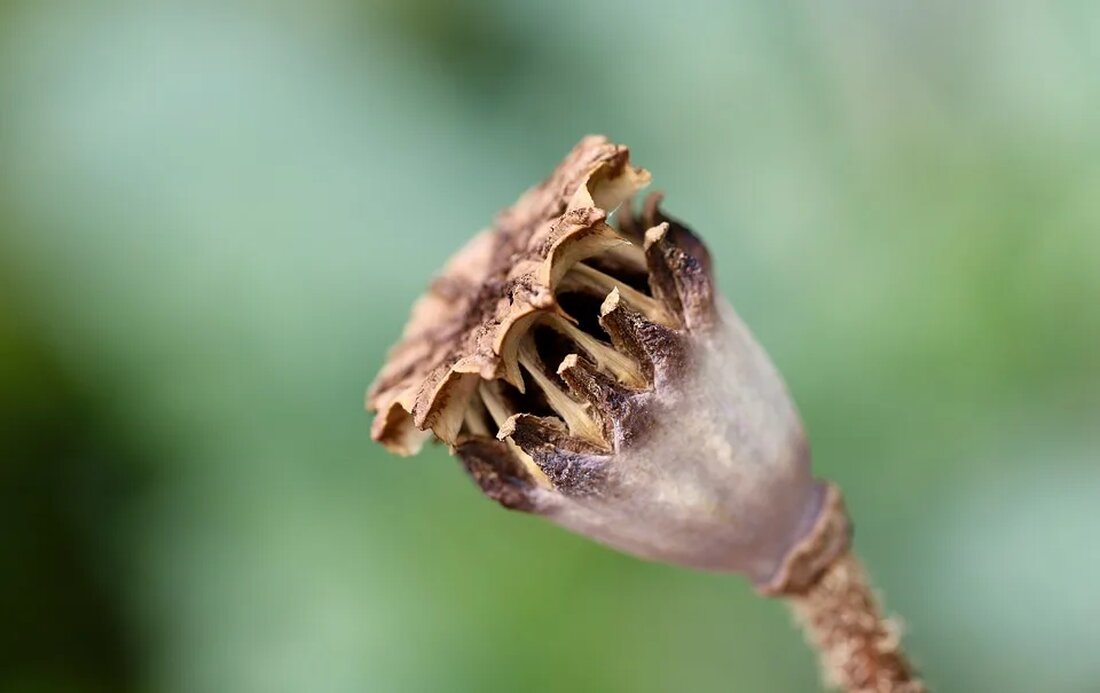Medicinal plants and their uses
Medicinal plants and their uses The use of medicinal plants to relieve various ailments and illnesses has a long history. People all over the world have been using medicinal plants to promote their health and treat illnesses for thousands of years. Modern medical research has confirmed many of these traditional uses and shows that medicinal plants can be an effective and safe alternative to traditional medications. In this article, we will look at some of the most well-known medicinal plants and their uses. Chamomile (Matricaria chamomilla) Chamomile is one of the best-known and most frequently used medicinal plants. It has anti-inflammatory, antibacterial and soothing properties and is used to...

Medicinal plants and their uses
Medicinal plants and their uses
The use of medicinal plants to relieve various ailments and illnesses has a long history. People all over the world have been using medicinal plants to promote their health and treat illnesses for thousands of years. Modern medical research has confirmed many of these traditional uses and shows that medicinal plants can be an effective and safe alternative to traditional medications. In this article, we will look at some of the most well-known medicinal plants and their uses.
Chamomile (Matricaria chamomilla)
Chamomile is one of the best known and most commonly used medicinal plants. It has anti-inflammatory, antibacterial and calming properties and is used to treat numerous ailments. For example, chamomile tea can be helpful for gastrointestinal complaints such as indigestion, flatulence and stomach cramps. Applied externally, chamomile relieves inflammation of the skin, such as irritated or red skin, insect bites or minor burns.
Valerian (Valeriana officinalis)
Valerian is a medicinal plant that has long been used to treat sleep disorders. Valerian root contains various active ingredients that have a calming and relaxing effect. Studies have shown that valerian can improve sleep quality and can help with problems falling asleep. It is recommended to take valerian as a tea or in capsule form, preferably before bedtime.
St. John's wort (Hypericum perforatum)
St. John's wort is used as a natural antidepressant and can be helpful for mild to moderate depression. The effectiveness of St. John's wort comes from its ingredients, particularly hypericin, which can improve mood and drive. However, St. John's wort can interact with certain medications, so it is important to consult a doctor before taking it.
Echinacea (Echinacea purpurea)
Echinacea, also known as echinacea, is often used to strengthen the immune system. This medicinal plant contains active ingredients that stimulate the immune system and can strengthen the body's defenses. Studies have shown that echinacea can reduce the frequency and duration of cold symptoms. It is recommended to take Echinacea as a tea or in capsule form, especially at the first signs of a cold.
Peppermint (Mentha x piperita)
Peppermint is a refreshing medicinal plant that can be used for a variety of ailments. It has antispasmodic and pain-relieving properties and can be helpful for gastrointestinal complaints such as indigestion, flatulence and abdominal pain. Peppermint oil can be used topically to relieve headaches and muscle pain. Peppermint tea is also often used to relieve cold symptoms as it can have anti-inflammatory and decongestant effects.
Ginkgo (Ginkgo biloba)
Ginkgo is a medicinal plant often used to improve mental performance and support memory. The active ingredients in ginkgo extract can improve blood flow to the brain and increase oxygen supply. Studies have shown that ginkgo can improve cognitive function and ease memory problems, especially in older people. It is recommended to take ginkgo in capsule form to reap the full health benefits.
Ginger (Zingiber officinale)
Ginger is a versatile medicinal plant that has anti-inflammatory and digestive properties. Ginger can relieve nausea and vomiting and is often used for motion sickness and morning sickness during pregnancy. In addition, ginger can help reduce pain and inflammation for inflammatory conditions such as arthritis. Ginger can be used as a fresh root or as a powder in various preparation forms, such as tea or as a spice in the kitchen.
Devil's claw (Harpagophytum procumbens)
Devil's claw is a medicinal plant that can relieve inflammation-related complaints such as osteoarthritis and joint pain. Devil's claw contains active ingredients that are pain-relieving and anti-inflammatory and can be helpful for chronic pain. It is recommended to take devil's claw as a tea or in capsule form to reap the health benefits.
Conclusion
Medicinal plants offer a more natural alternative to treating various ailments and illnesses. Chamomile, valerian, St. John's wort, echinacea, peppermint, ginkgo, ginger and devil's claw are just a few examples of the variety of medicinal plants and their uses. It is important to note that the use of medicinal plants should be done with caution and it is advisable to consult a doctor before use, especially if there are any pre-existing health conditions or medications. Nevertheless, medicinal plants can be an effective and gentle supplement or alternative to conventional medicine and help many people to support their health in a natural way.
You can find out more about natural and healthy nutrition in our guide magazine Your-Heilpraktiker.com

 Suche
Suche
 Mein Konto
Mein Konto
